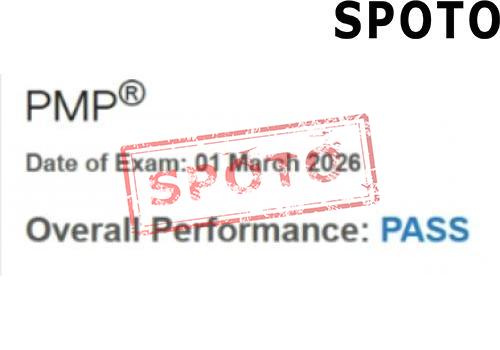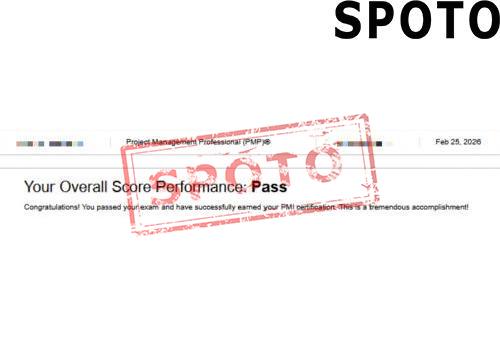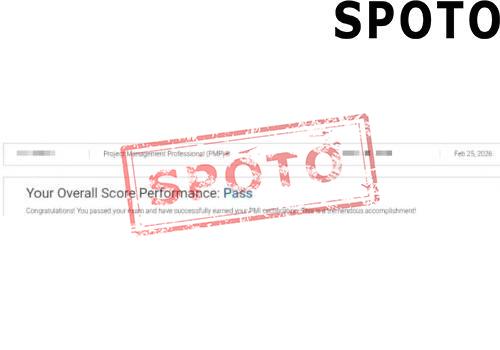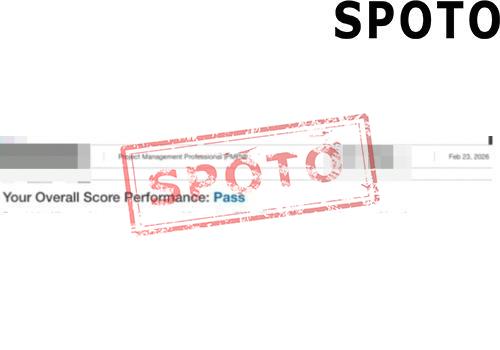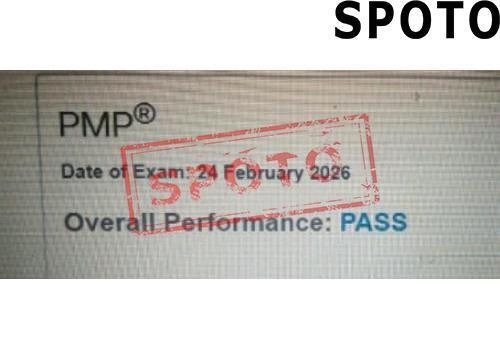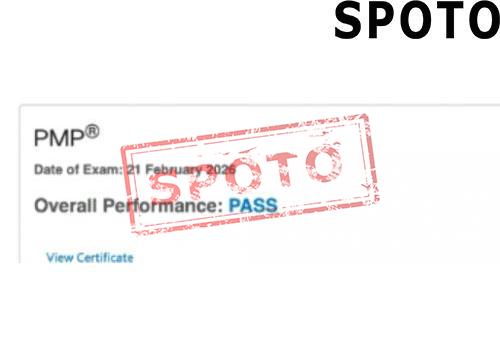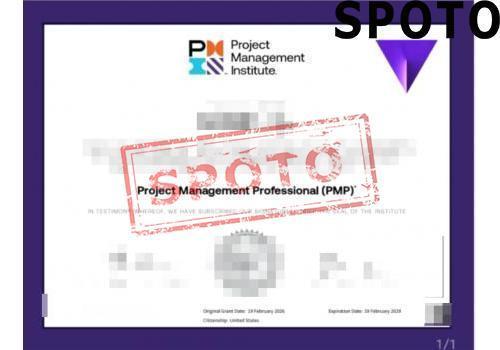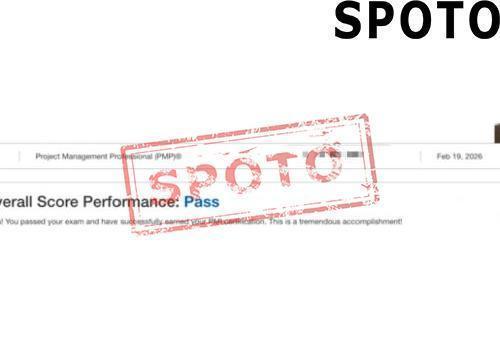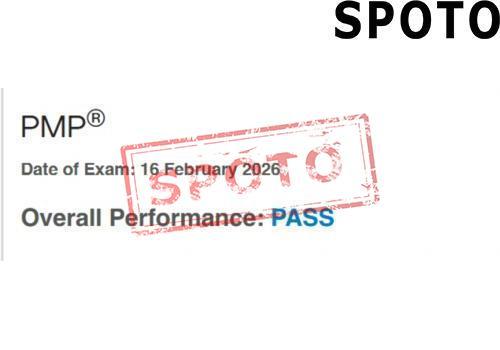
Table of Contents
I. Introduction
A. Importance of professional certifications in project management
As the business world grows more complex and demands for efficient and successful project management increase, obtaining professional certifications in the vast field of project management has become of paramount importance. These qualifications give credibility to your skills and can significantly boost your career, by providing the necessary tools and methodologies for successfully navigating various projects.
B. Overview of PMI (Project Management Institute)
At the forefront of providing these certifications is the Project Management Institute (PMI) - a leading global nonprofit professional organization dedicated to the development and promotion of the project management profession. With over half a million members and credential holders across nearly every country, PMI continually sets the standard in project management since its inception in 1969.
II. PMI Certifications – A Path to Success
A. Core certifications offered by PMI
- 1. Project Management Professional (PMP)
- a. Eligibility criteria: Prospective PMP candidates must possess either a secondary degree with 7500 hours leading and directing projects and 35 hours of project management education or a four-year degree with 4500 hours of leading and directing projects and 35 hours of project management education.
- b. Exam format and content: The PMP assessment is composed of 200 multiple-choice questions and probes the candidate's competency in five domains: initiating, planning, executing, monitoring, controlling, and closing projects.
- c. Benefits and recognition: The PMP certification brings high market value, higher-than-average salaries, and greater recognition for your experiential skills and knowledge.
Contact us for a FREE mock test and ace your exam prep!
- 2. Certified Associate in Project Management (CAPM)
- a. Entry-level certification: The CAPM certification is tailored for individuals at the beginning of their project management career who wish to validate their dedication to project management, enhance their credibility and effectiveness working with project teams.
- b. Exam details and prerequisites: The certification exam comprises of 150 questions, and candidates are required to have either a secondary degree (high school diploma or equivalent) and 1500 hours of professional experience in project management, or 23 hours of formal project management education.
- c. Advantages for aspiring project managers: The Certified Associate in Project Management is a stepping stone to the PMP certification and offers potential project managers a competitive edge over the competition.
Contact us for a FREE mock test and ace your exam prep!
- 3. Program Management Professional (PgMP)
- a. Focus on managing multiple related projects: The PgMP certification is designed for those who manage coordinated management of multiple projects which are related and aimed at improving the business' overall performance.
- b. Requirements for eligibility: To qualify for the PgMP exam, you must have a secondary degree with 6,000 hours of program management experience, or a four-year degree with 6,000 hours of program management experience.
- c. Potential career opportunities: A PgMP certification validates your advanced skillset and experience in the coordinated management of multiple, related projects. This means higher earning potential and better career opportunities.
Contact us for a FREE mock test and ace your exam prep!
- 4. Portfolio Management Professional (PfMP)
- a. Strategic project alignment and oversight: PfMP certification is designed for portfolio management practitioners managing and aligning a portfolio of projects and programs to realize organizational strategy and objectives.
- b. Prerequisites and exam details: Prospective candidates require a secondary degree with 10,500 hours of portfolio management experience, or four-year degree with 6,000 hours of portfolio management experience. The PfMP examination includes 170 questions that assess your skills in a multitude of areas such as strategic alignment, governance, portfolio performance, portfolio risk management, and communications management.
- c. Advancing in program/portfolio management roles: Achieving the PfMP certification showcases your advanced competency in the coordination of management strategy and project execution, putting you ahead of your peers in terms of career progression in portfolio management roles.
III. Other PMI Certifications to Enhance Specialized Skills
For professionals aiming to refine their expertise beyond traditional project management, PMI offers a suite of certifications designed to enhance specialized skills. These certifications cater to niche areas within project management, ensuring practitioners can elevate their proficiency in agile methodologies, risk management, and scheduling disciplines.
A. PMI Agile Certified Practitioner (PMI-ACP)
-
Agile project management framework: This certification underscores the significance of agile practices in project management. It is tailored for those who seek to master a versatile range of agile methodologies, including Scrum, Kanban, Lean, extreme programming (XP), and test-driven development (TDD).
-
Requirements and exam structure: Applicants must demonstrate a blend of general project experience and agile-specific project work. The examination challenges candidates with 120 multiple-choice questions, designed to assess their knowledge and application of agile principles in real-world scenarios.
B. PMI Risk Management Professional (PMI-RMP)
-
Managing project risks effectively: This credential is essential for professionals focused on identifying and mitigating project risks. It validates a practitioner's ability to drive risk management activities, ensuring project outcomes align with organizational goals.
-
Eligibility and exam information: Eligibility criteria necessitate a solid foundation in project risk management, demonstrated through both education and practical experience. The PMI-RMP exam comprises 170 multiple-choice questions, covering risk strategy and planning, stakeholder engagement, and risk process facilitation.
C. PMI Scheduling Professional (PMI-SP)
-
Focus on project scheduling and control: This designation is crafted for individuals who wish to showcase their expertise in project scheduling. It acknowledges the ability to develop, maintain, and manage project schedules critically impacting project success.
-
Prerequisites and exam format: Candidates are expected to have a comprehensive background in scheduling practices, evidenced by professional experience and education. The exam format is designed to test the candidate's proficiency in creating and maintaining project schedules, with 170 multiple-choice questions dedicated to evaluating these skills.
IV. Beyond Certification – Professional Development Opportunities
The journey to enhancing one's project management skills doesn't halt upon obtaining a PMI certification. A crucial aspect of maintaining the relevance and value of your certification lies in the PMI Continuing Certification Requirements (CCR) program. Participants are required to engage in professional development activities that award Professional Development Units (PDUs), ensuring that certified professionals stay current in their field and continue to develop their skills.
A. PMI Continuing Certification Requirements (CCR)
The CCR program is designed to promote continuous learning and development among certified project management professionals. By participating in various educational and giving back activities, professionals can earn PDUs to maintain their certification over a three-year cycle. This process underscores the importance of lifelong learning and the need to stay abreast of the latest trends, methodologies, and technologies in project management.
B. Participating in PMI Local Chapters and Communities
Engagement with PMI's local chapters and communities presents an invaluable opportunity for networking, knowledge exchange, and professional growth. These platforms facilitate the sharing of best practices among peers and offer access to industry leaders and innovators. Participation in these communities can significantly enhance one's professional development and open doors to mentorship, volunteer opportunities, and unique project experiences.
C. Access to PMI's Digital Resources
PMI members gain exclusive access to a wealth of digital resources, including webinars, e-books, and tools designed to support project management professionals in their career journey. These resources are instrumental in helping individuals stay informed about industry developments, refine their skills, and prepare for future challenges in the project management landscape.
V. Conclusion
PMI certifications serve as a catalyst for career advancement in the realm of project management. They not only validate a professional's commitment and expertise in their field but also pave the way for higher earning potential, greater job opportunities, and recognition within the global project management community. The importance of staying updated with evolving project management practices cannot be overstated. Continuous learning, active participation in PMI's communities, and engagement with its vast array of digital resources are essential for maintaining the edge in a competitive and ever-changing industry landscape.
